When to Get an Attorney after a Car Accident
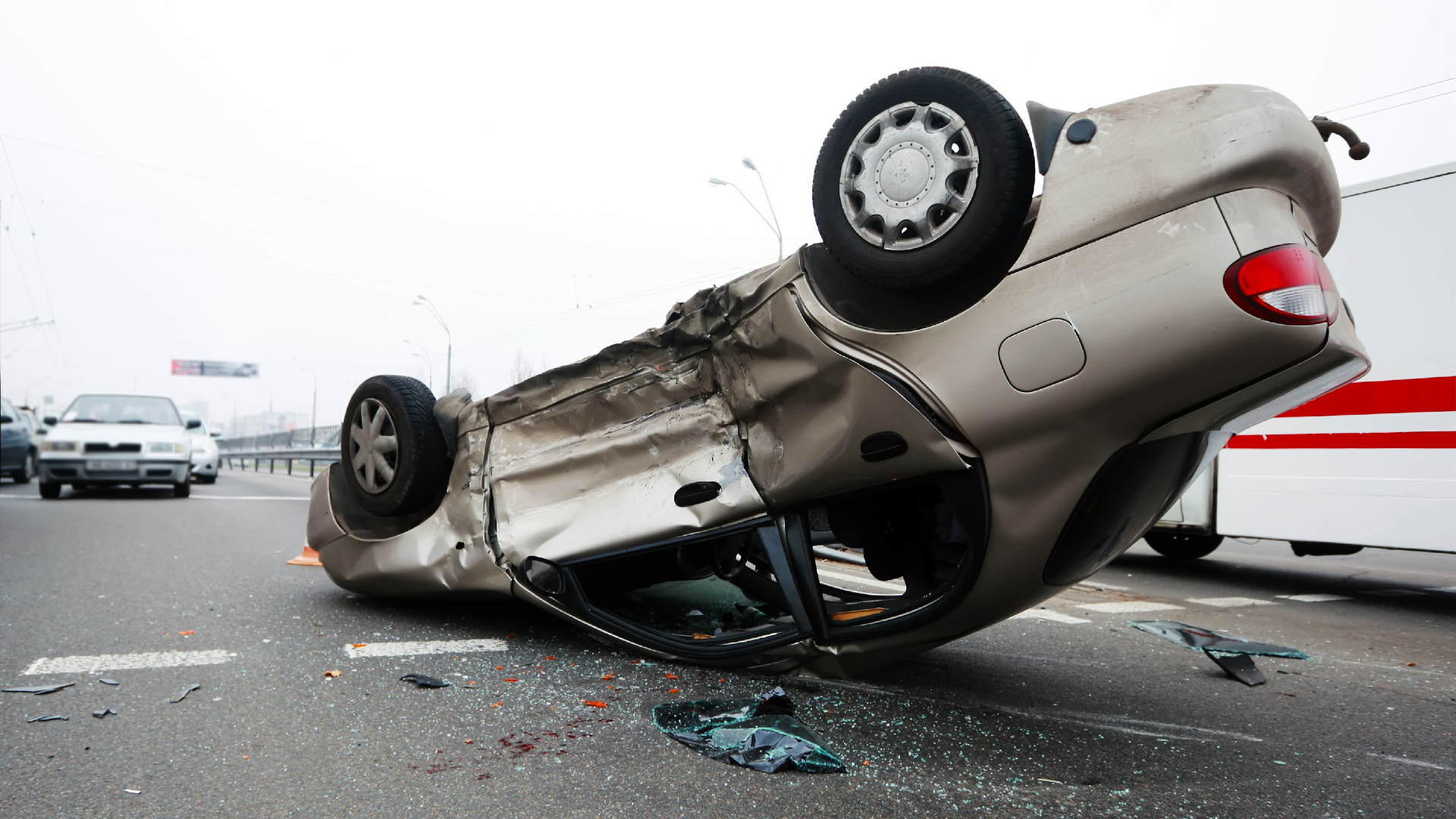
Auto accident fatalities have decreased over the last couple of years, but unfortunately, nonfatal crashes are still a common occurrence. Each year, approximately 4.4 million people seek medical care for injuries from an automobile accident. When you combine these medical expenses with fatality-related expenses, the economic results are devastating. In fact, car crashes cost the United States a combined total of more than $75 billion each year.
Many people can’t afford the hefty medical bills or repair costs that stem from a vehicular accident, even if they’re insured. That’s why it’s important to speak with a personal injury lawyer who understands the ins and outs of car accidents. Don’t suffer in silence as you rack up medical bills or your injury keeps you out of work. If you’re hurt after an accident, a personal injury attorney can make sure you get the compensation you need to fully recover.
In this post, our team of car accident lawyers have compiled some helpful information for drivers and passengers alike. We hope you never need these tips, but if you do, they can help you make sure that you handle a vehicular crash the right way.
What Is the First Thing You Should Do after an Accident That’s Not Your Fault?
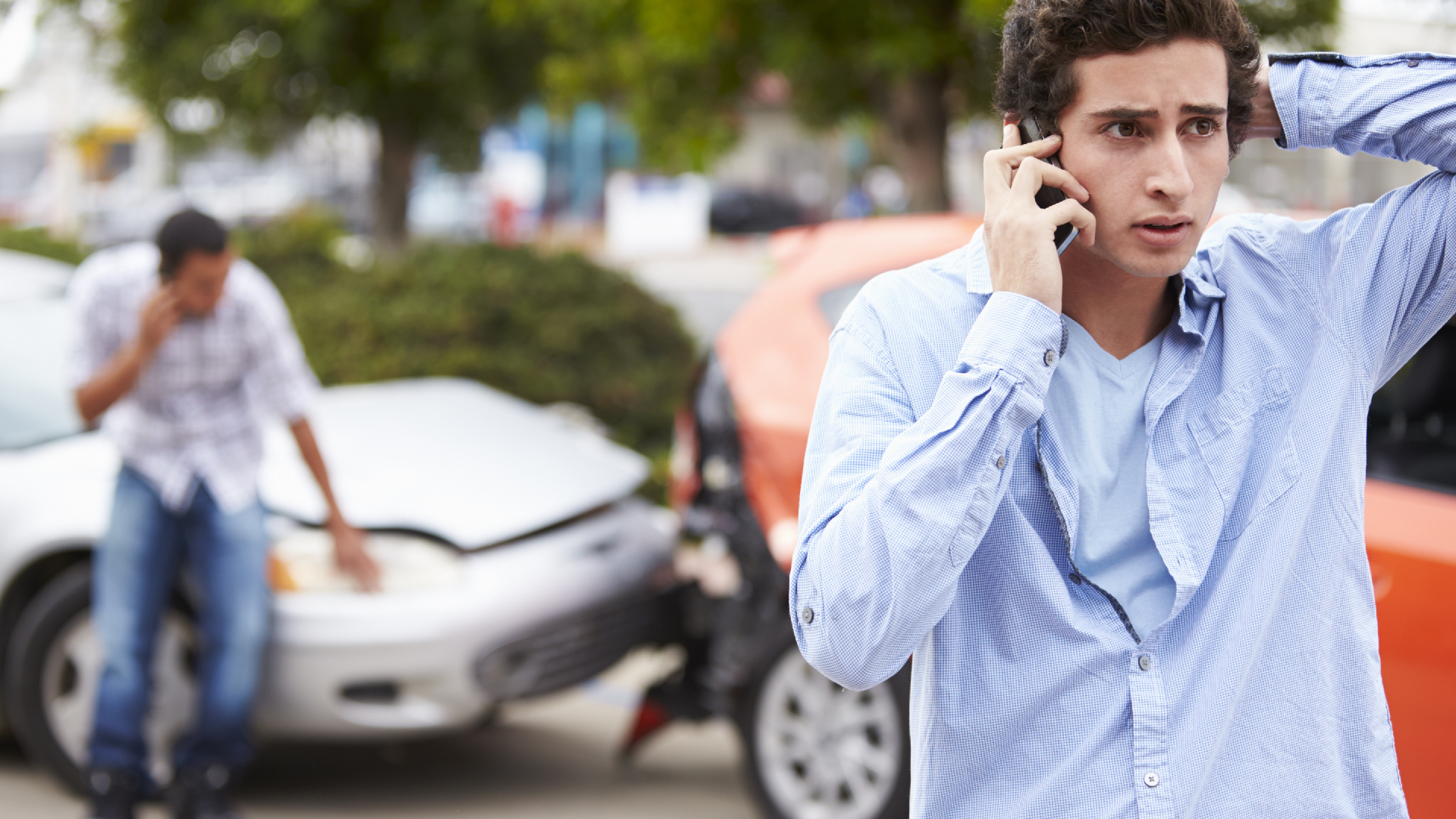
When an accident occurs, many people panic — and understandably so. Your mind may be racing as you try to figure out what to do, and every option may seem like the wrong choice.
Take a deep breath and remember this list of tips on how you should proceed directly after a car crash. These handy suggestions will help you collect evidence, seek medical care and call the right people after your accident.
Who should you call after a car accident?
After an accident, you should call 911 or the local police. Call 911 if anyone is severely injured from the crash. If you are unsure, err on the side of caution and call for emergency services.
If an accident is minor, you might be wondering: should you even call the police at all? The answer is generally still yes, especially if any individuals are injured or personal property is damaged. You need a report from the sheriff so you can process your insurance claim or seek legal compensation with help from a personal injury attorney. Without a police report, it’s your word against the other party’s in court.
When do you call your attorney after a car crash?
Call a personal injury attorney after a car crash if any parties are injured. This includes yourself, the passengers in your car, the other driver, anyone in their vehicle and any pedestrians. You should also contact a car crash lawyer if there is vehicular damage or other personal property issues.
Wait to call your attorney until after you’ve called the police. The police or other emergency professionals should always be your first call.
What evidence should you collect after a car crash?
At a bare minimum, you should always collect the following info from the other parties involved:
- Name
- Phone number
- Address
- License plate number
- Auto insurance provider and ID number
- Contact information for the auto insurance policy
It’s also important to take as many pictures as possible so you can verify the accident was not your fault.
Here are some photographs you should take before you leave the scene of an accident:
- Your car from every angle
- The other driver’s car from every angle
- Close-up shots of vehicular damage or property damage
- Skid marks or other damage to the road or parking lot
- A view of all traffic lights and stop signs visible from where the accident took place
Make sure you photograph the accident scene from all directions. This helps provide essential details during court or the claims process, as others may not be familiar with the area where the accident happened.
How soon should you see a doctor after a car crash?
Seek medical care immediately following an accident, even if you feel fine. Clients often confess that they skipped out on medical treatment because they were worried about the cost or didn’t want to seem like they were overreacting. If you don’t visit a doctor promptly after a car crash, it can be difficult to prove the wreck caused your injuries.
Have your doctor examine your injuries right away or visit a hospital or urgent care clinic. Sometimes, latent medical problems may already be affecting you, even if you don’t feel it yet. This often happens with spinal injuries where a disc is out of whack but pain doesn’t strike immediately.
What Should You Do if an Automobile Accident Is Your Fault?
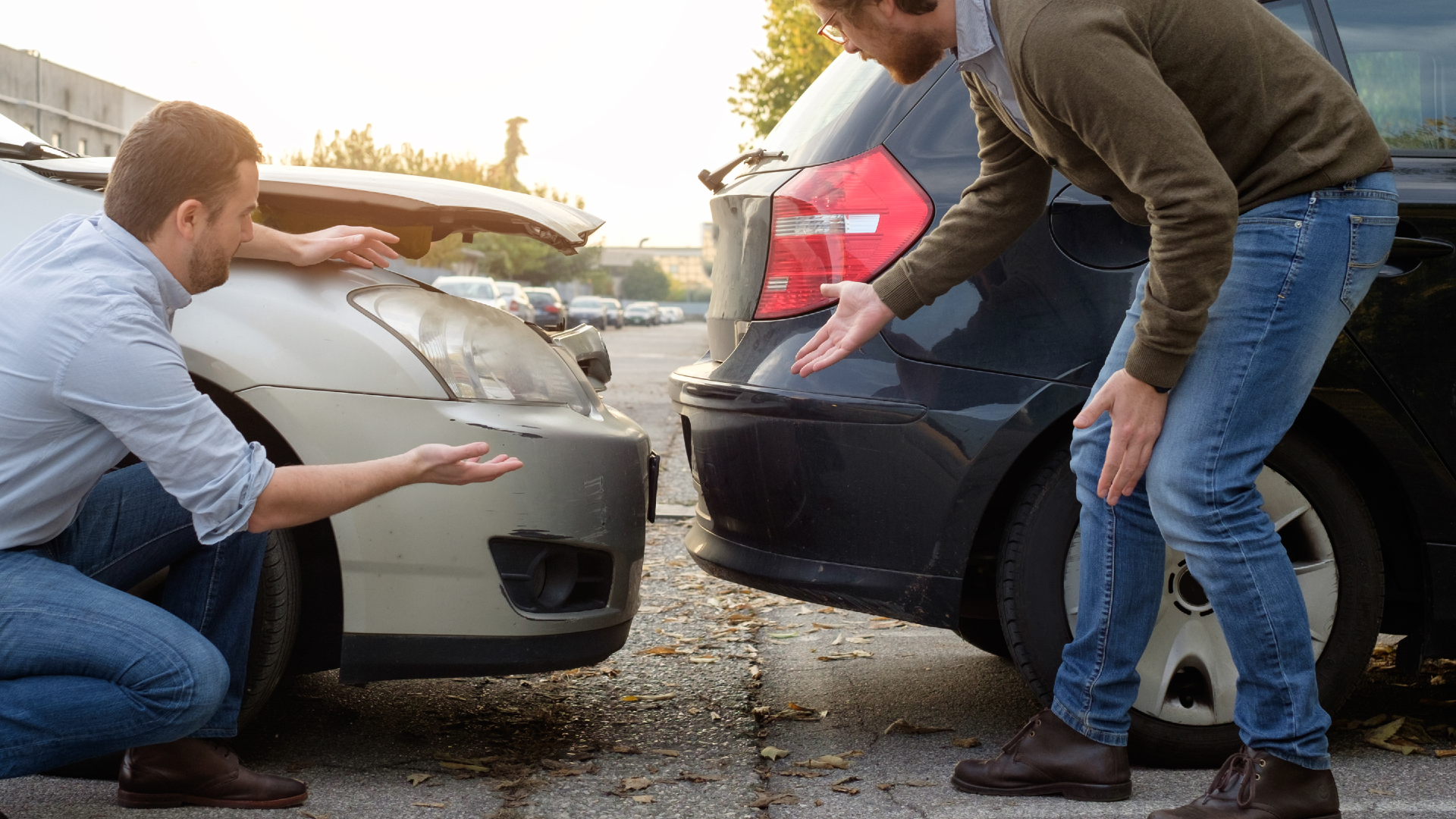
Accidents happen, and you may find yourself responsible when a crash occurs. In this scenario, you should take many of the same steps as drivers who are not at fault.
Who should you call if a car accident is your fault?
When an accident occurs, call 911 immediately if you suspect you or another party has any injuries. You should also call the local police department so you can get a report of the incident, even if the crash wasn’t serious. The report provides a description of the events from the accident, and it’s an essential part of any legal case.
When do you call your attorney if a car accident is your fault?
After contacting the police, give your personal injury lawyer a call ASAP if you’re responsible for a car crash. Your lawyer can provide crucial tips on how to handle the accident, especially if the other party is threatening legal action. Watch what you say to the other driver, as your statements may be used against you at a later date. Do not admit fault without speaking to your lawyer first.
What evidence should you collect if a car accident is your fault?
When you’re at fault for an accident, you may end up owing money for medical bills or vehicular damages. Make sure you get the following info from every party involved in the accident, especially the other driver:
- Name
- Phone number
- Address
- License plate number
- Auto insurance provider and ID number
- Contact information for the auto insurance policy
Even when an accident is your fault, you may not be liable for all the injuries or damage another party claims you caused. It’s important to protect your case by taking as many photos as you can.
Before leaving an accident, capture the following shots with your cell phone or another device:
- The front, back and sides of your car and the other party’s car
- Vehicular damage to either car
- Property damage, such as a dented post or cracked curb
- Tire tracks or skid marks
- Traffic lights and stop signs visible from the scene of the accident
When you take photos, don’t forget to capture every angle of your surroundings. This helps paint a clear picture of exactly what happened during the car crash.
How soon should you see a doctor if a car accident is your fault?
Visit a doctor immediately after the accident, even if you don’t notice any immediate injuries. Sometimes issues arise hours, days or even weeks later.
How Do You File a Claim After a Car Accident? [Step by Step Guide]
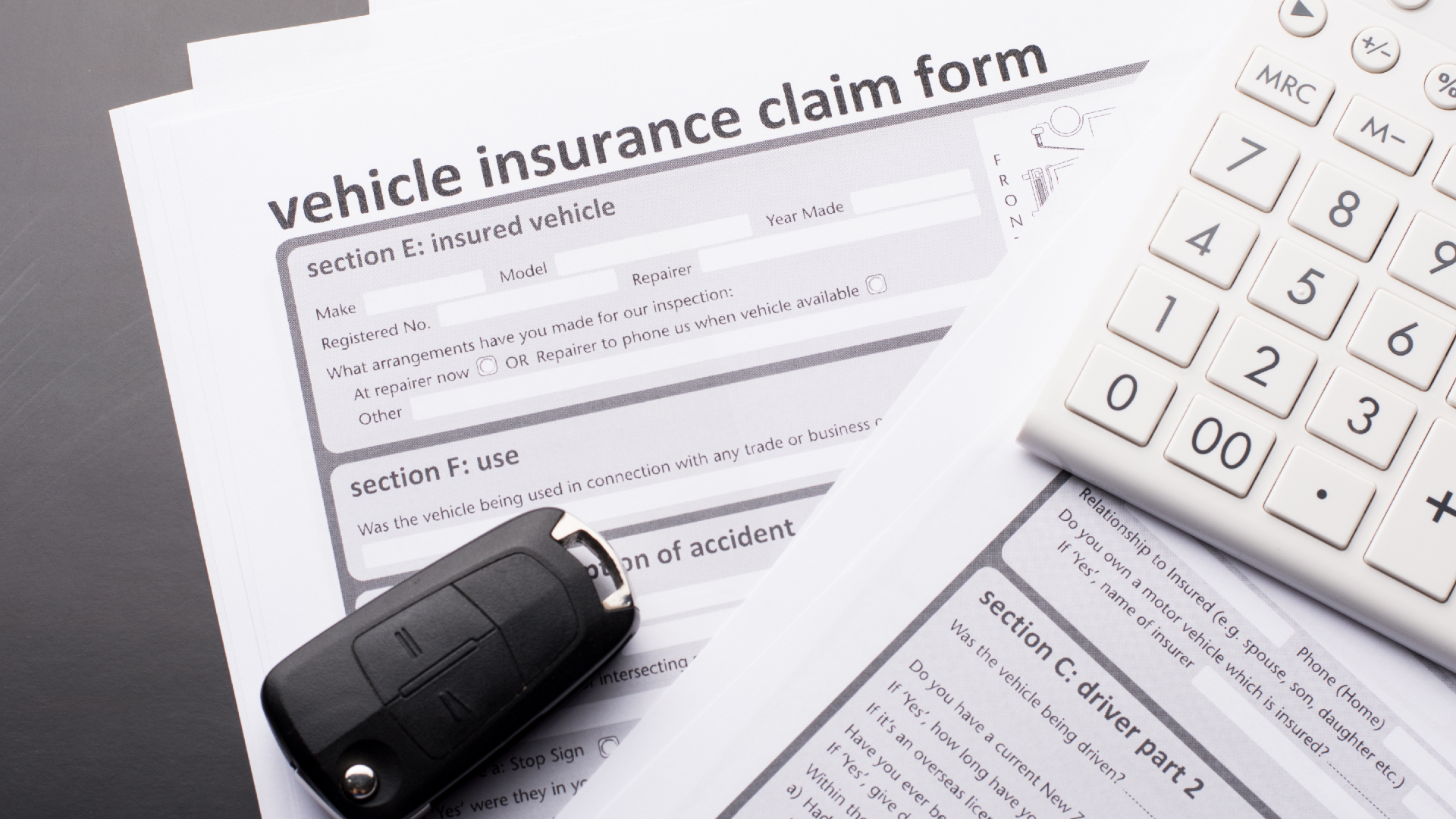
After a car accident, you will need to file a claim for personal property damage, medical care, or both.
Here’s a quick step-by-step guide for the claims process:
1) Get a Copy of Your Police Report
Earlier in this article, we recommended that you call the police immediately after an accident. You will need a copy of the report made by the officer before you contact any insurance company. The report will let you know what the officer believes happened so you can prepare yourself for any questions or pushback from the insurance provider.
2) Compile Accident-Related Receipts
You may need a rough estimate of expenses before you file a claim, so have receipts ready. These include estimates from a repair shop and medical bills from a hospital or other provider. You may also have property damage from the accident, such as a broken mailbox.
Don’t fix anything without consent from the insurance company, as this may void your chances of getting reimbursed. Some companies only work with specific repair shops. Others are flexible about where you go but require a full inspection or other steps before they are willing to pay for claims.
3) Contact Your Insurance Company
Let your insurance company know there was an accident, and tell them when and where it happened. Only share facts at this point in time. Explain that you have a police report verifying your story and ask how to proceed.
4) Contact the Other Party’s Insurance Company
When you call, ask for a claims specialist. Be careful what you say, and stick to the facts. It’s helpful to consult with a personal injury lawyer before you call, as one wrong statement can jeopardize your case.
An experienced car accident attorney can help you get the maximum settlement you deserve. A personal injury law firm can also protect you from paying hefty costs associated with an at-fault accident.
What Damages Can I Claim After a Car Accident?
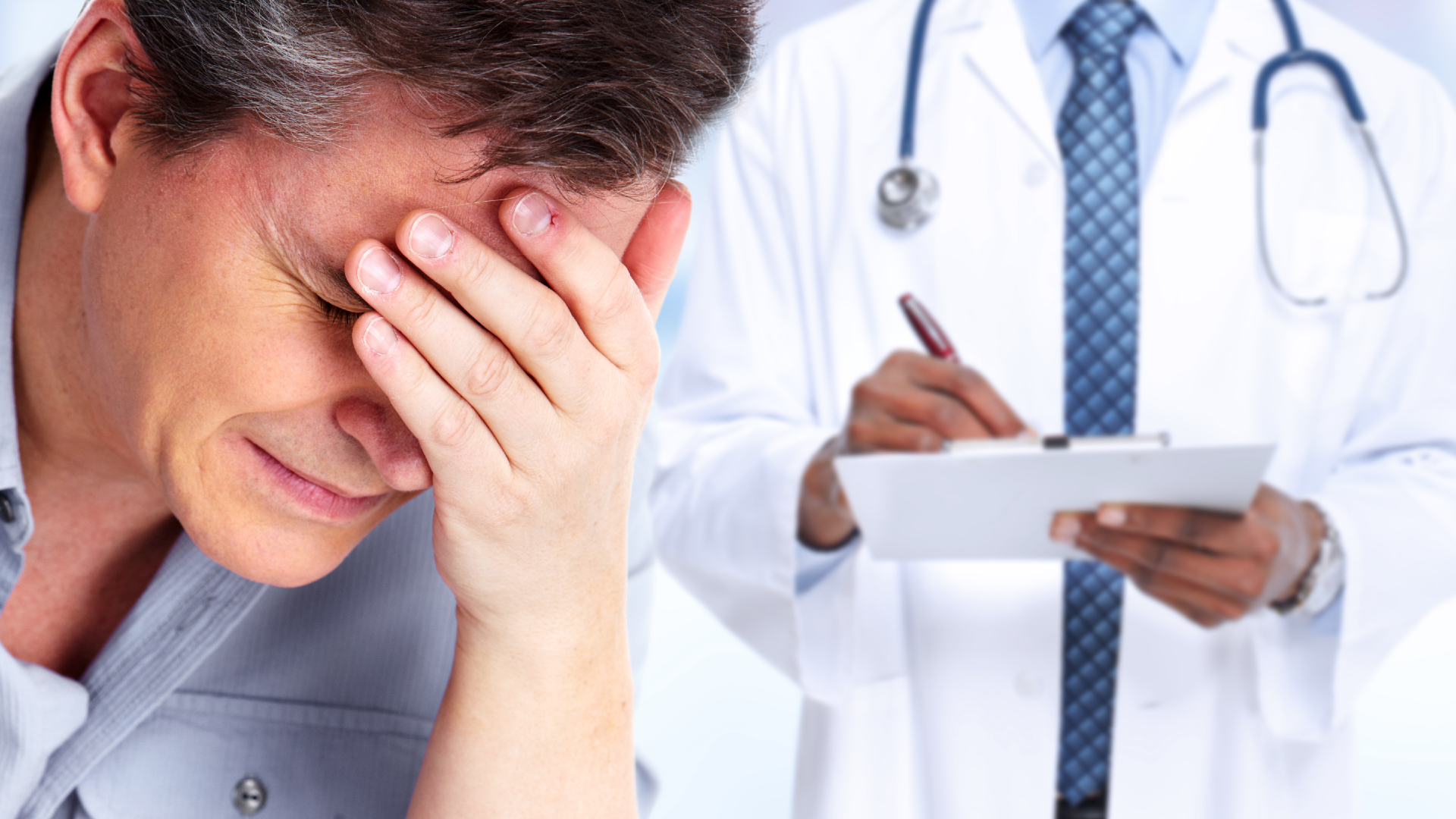
After reading this article, you likely already know you can file a claim for medical bills or vehicular damage. However, there are numerous other damages you can claim after a car crash, including:
- Lost wages: If your hours have been reduced or eliminated due to the accident, you can request compensation. This is true whether you are employed or self-employed.
- Loss of consortium: Accidents can take a toll on your romantic relationship, and you may be able to receive compensation if physical or mental injuries make an impact on your marriage.
- Pain and suffering: This covers intangible damages that stem from the accident.
- Loss of quality of life: An accident can leave you permanently disfigured or create lasting emotional issues that make life less enjoyable.
It’s difficult to get approval for some of these damages without help from a licensed attorney, so keep that in mind if your case makes it to court.
What Happens if Someone Else Is Driving My Car and Gets In an Accident?
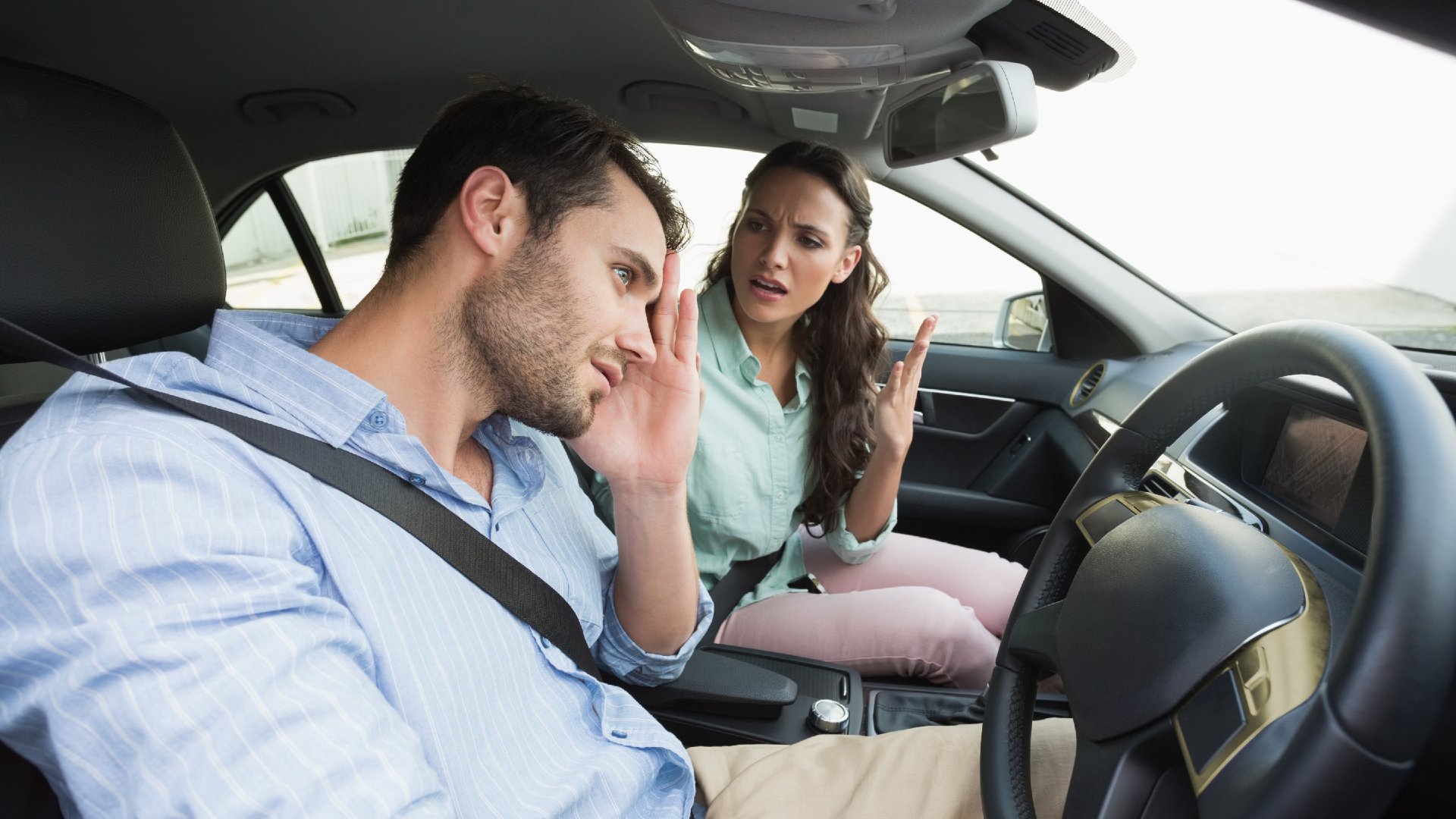
Some car insurance policies cover the car itself, not a specific driver. That means you may still be liable for whoever operates your motor vehicle, even if they are a legal adult with their own insurance policy. This also means another driver’s insurance policy might only cover what happens if they drive their own vehicle, not yours.
Several factors play a role in determining what happens when someone else drives your car, including:
- Was the driver was under the influence of drugs or alcohol you provided?
- Did the driver have the legal authority to operate a motor vehicle?
- Did you know the driver of your vehicle or was your car stolen?
- Did you give the other driver permission to operate your vehicle?
An experienced lawyer can help you work through these questions and determine your liability.
How Much Do Car Accident Lawyers Charge?
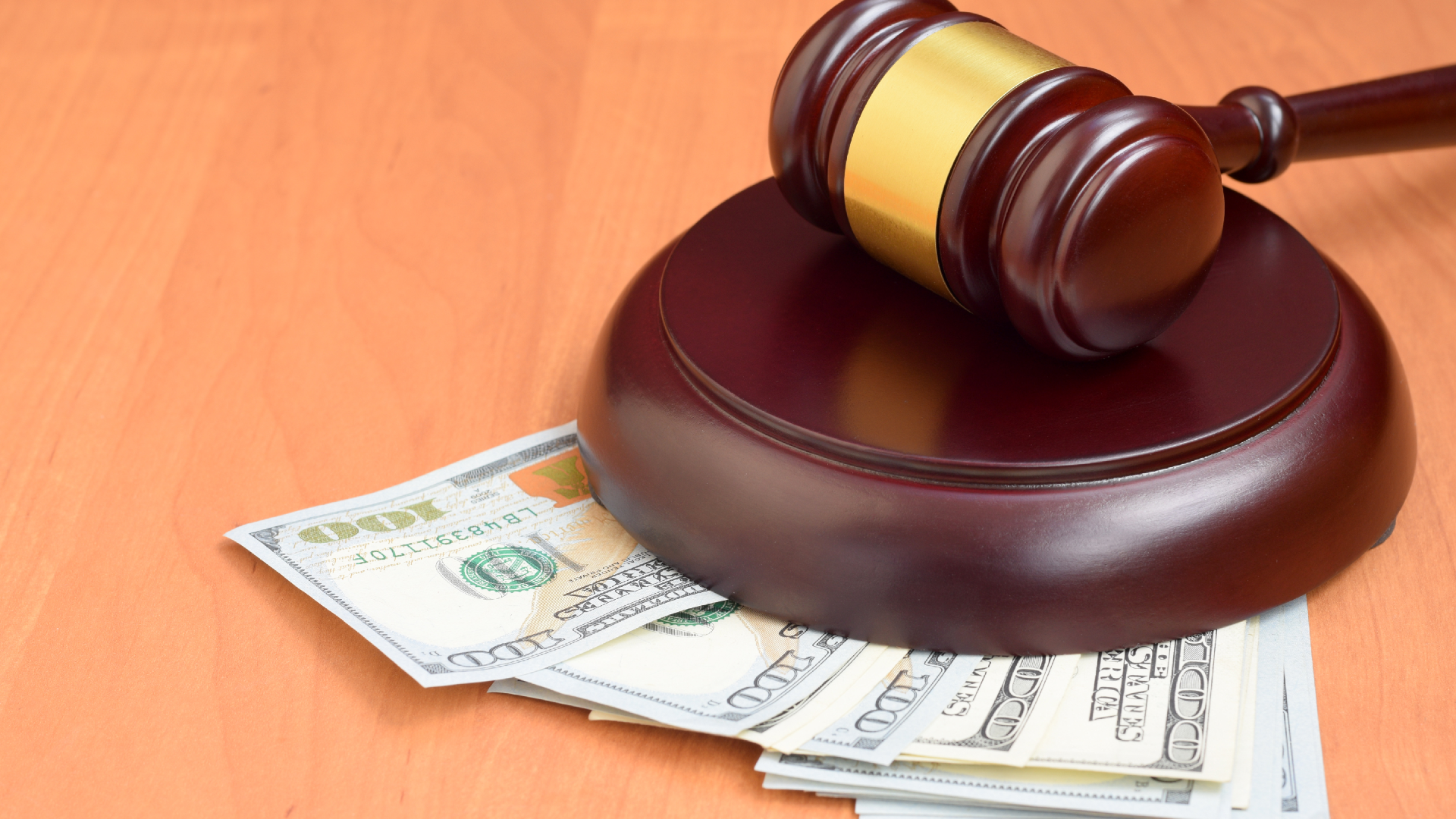
Many car accident lawyers charge a settlement fee rather than an hourly rate. This means funds are taken when you win your case rather than you having to pay upfront.
That’s not always the case, though, so make sure you discuss fees during a consultation. If you recently experienced a car crash, contact Leinart Law for a free consultation to learn more about expenses.
How Do You Prove You Are Not at Fault in a Car Accident?

Evidence plays an essential role when proving you aren’t at fault for a car accident. This is true whether your case goes to court or simply ends up on an insurance adjuster’s desk.
Should I Get a Lawyer for My Car Accident?
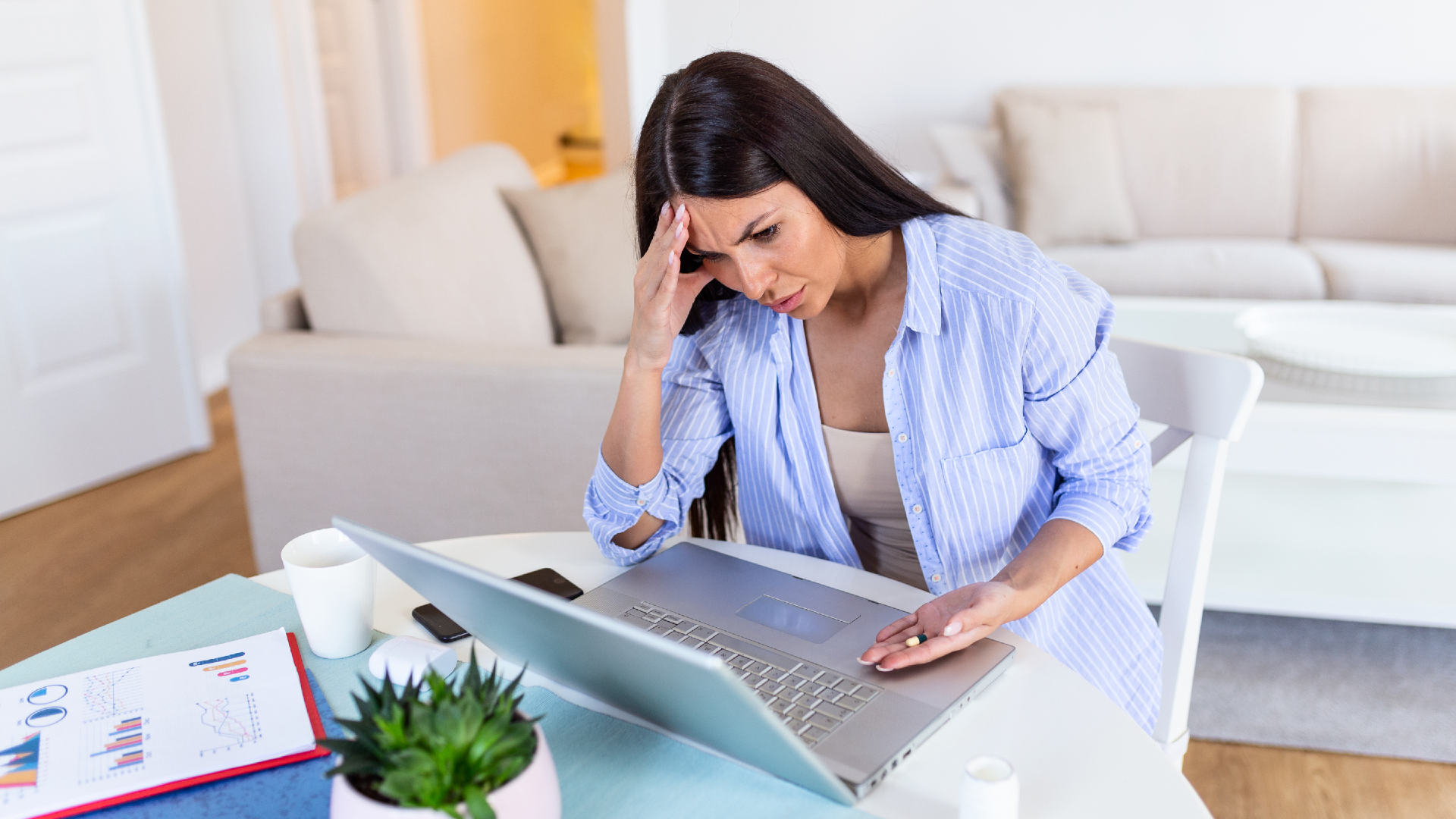
There are some car accidents that don’t require legal assistance, but those are the exception much more than the rule. The most common exceptions are:
- Nobody was injured during the accident.
- No property was damaged.
- You have a late-year car or motorcycle with high mileage.
This is not a guaranteed list of times you shouldn’t call, though. You may still need legal help in the situations outlined above, so keep that in mind as you navigate the accident recovery process. If you’ve been injured in a vehicular accident, you can almost certainly benefit from a personal injury lawyer.
It’s often best to play it safe and talk to a personal injury lawyer when a car accident takes place, even if you and your vehicle are both okay. Connect with the team at Leinart Law today by calling 469-232-3328 so you can discuss the details of your accident. Our personal injury firm is here to help, whether you were the driver at fault or an injured passenger.
Schedule a FREE, no-obligation consultation and evaluation today.

